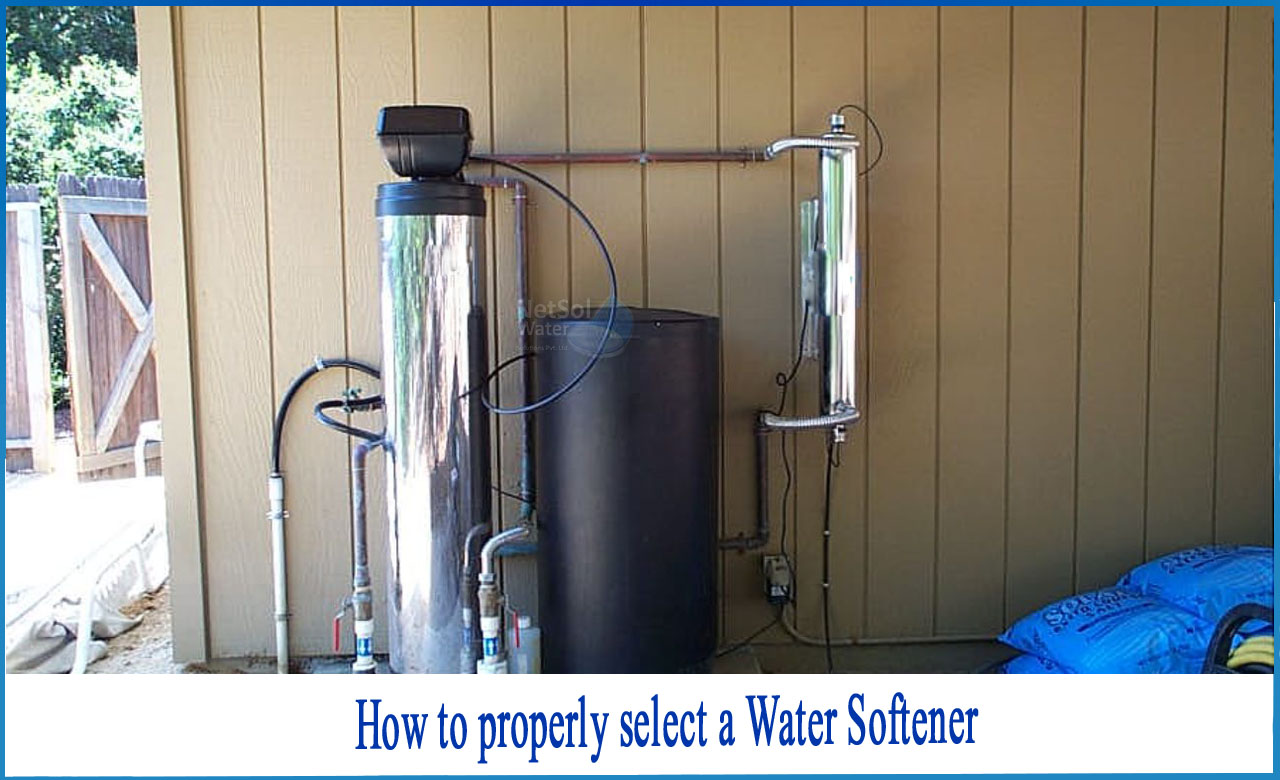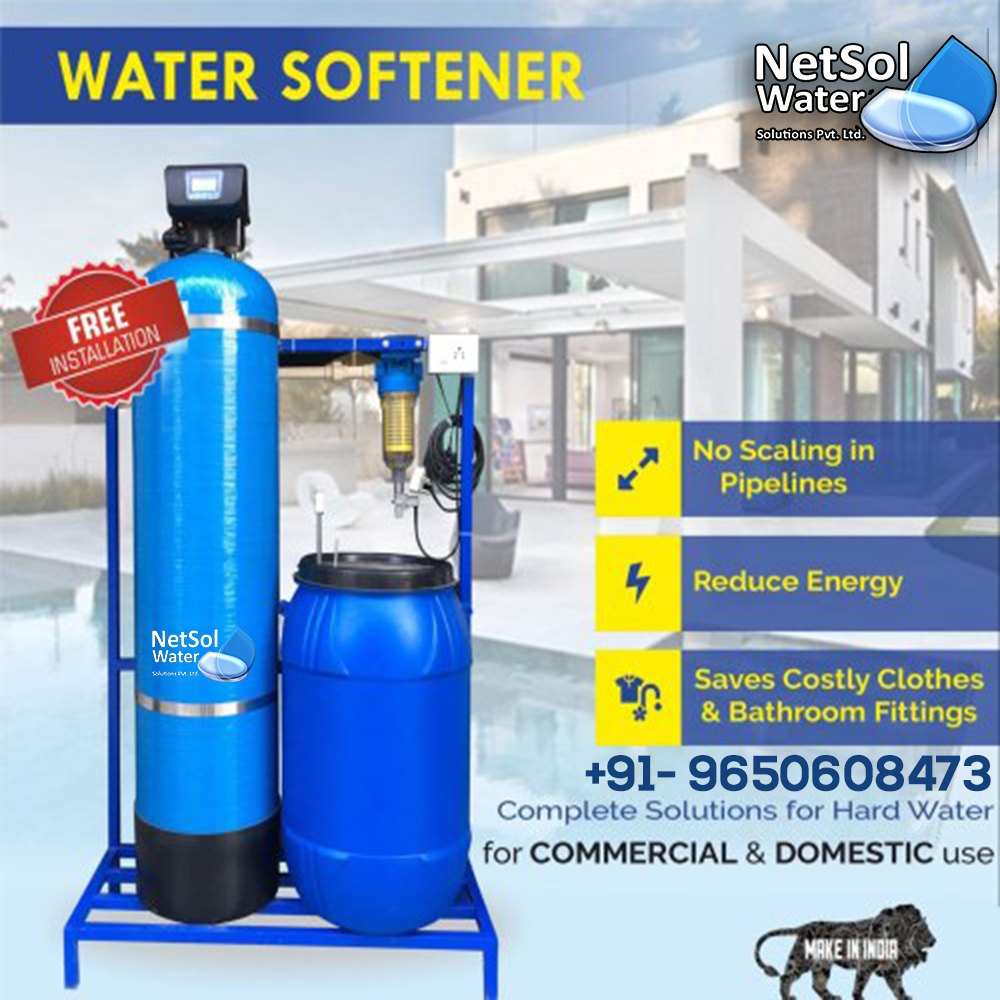What is a Water Softener?
Ion exchange replaces the calcium and magnesium ions that make water hard with salt/sodium in a water softener. The softening process adds a trace amount of sodium to the water supply, which is safe to drink in most situations.
An ion exchange, salt-based water softener prevents limescale formation by removing hazardous minerals from the water before it reaches the taps. A water softener is linked to the home's plumbing system, usually near the incoming mains, to guarantee that softened water is available to all parts of the house. It is also largely employed in Industries.
Different types of Water Softeners
There are various varieties of water softeners, each with its own set of advantages and disadvantages.
There are salt-based ion exchange water softeners. This is the most common and well-known type. On the other hand, there are salt-free conditioners, which aren't softeners in the traditional sense. We can also distinguish between twin tank systems and those designed for whole-house use versus portable devices.
How to properly select a Water Softener?
Which option makes the most sense for you is determined by your unique circumstances and personal preferences. Choosing the appropriate water softener is more complicated than you might believe, and there are numerous fallacies that can lead to confusion.
This unbiased, experienced water softener buying guide will assist you in selecting the best water softener for your hard water issues. Here are the aspects to consider when selecting a model that you believe is a suitable fit.
1. Cost: A water softener's price is determined by its kind, size, brand, and features.
2. Flow Rate & Capacity (Size): A water softener's size or capacity refers to how many grains of hardness it can remove before it has to regenerate.
3. Proven Technology : To rule out any flaws, look for goods that have been in the market and in customer homes for more than a few months.
4. The use of water: The optimum softener for you will be determined by your water usage (a guideline is 160 liters per person per day) and the size of your property.
5. Efficiency: When you size a softener and take into account its salt efficiency, you'll get one that not only, never runs out of soft water, but also uses the least quantity of salt.
Conclusion
There is a large selection of water softeners to choose from, so you are sure to discover the right one for your home or business. To cut down your search, all you need is a basic understanding of how to choose a water softener.
Are you ready to discover your water softening options?
Netsol Water offers various range of Water Softening systems. Weas water treatment experts, can help you with water reuse and conservation in your operations, as well as the optimization of existing water production and the design and building of new, energy-efficient, and environmentally friendly water and wastewater treatment systems. Our products and solutions can provide the water your plant requires at every stage!




